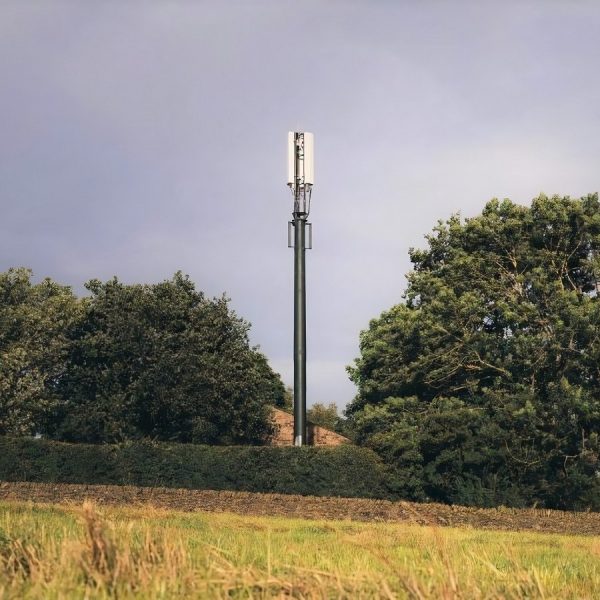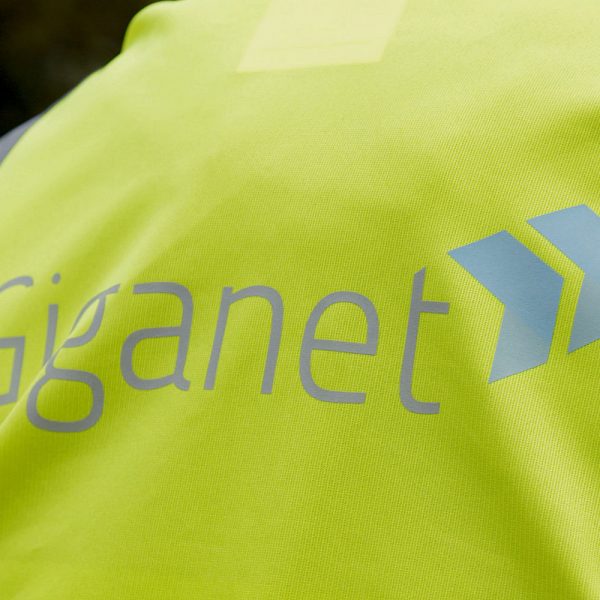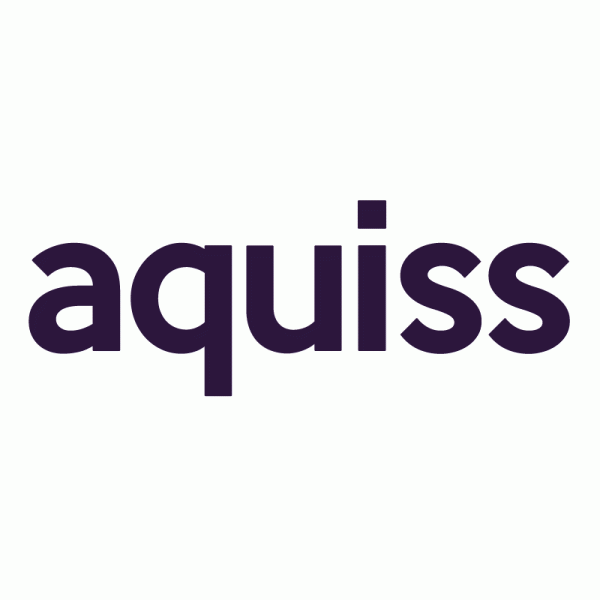Sponsored Links
UK Government Orders Ofcom to Review Enforced ISP Website Blocking Measures
Posted: 01st Feb, 2011 By: MarkJ

 The UK governments Culture Secretary, Jeremy Hunt (Department for Culture, Olympics, Media and Sport), has ordered the communications regulator ( Ofcom ) to review a key website blocking measure of the controversial anti-piracy Digital Economy Act 2010 (DEA).
The UK governments Culture Secretary, Jeremy Hunt (Department for Culture, Olympics, Media and Sport), has ordered the communications regulator ( Ofcom ) to review a key website blocking measure of the controversial anti-piracy Digital Economy Act 2010 (DEA).The DEA seeks to tackle "illegal" (i.e. unlawful) internet copyright infringement through public File Sharing (P2P) networks by, among other things, imposing "technical measures" upon broadband ISPs (speed restrictions, service disconnection etc.) and issuing warning notices to customers when such activity is detected.
Website blocking was also proposed but appeared to have been removed from the act until it was suddenly re-inserted just prior to the end of parliament and the May 2010 General Election. This left no time for further debate as the act was promptly rushed through in the end of parliament wash-up process.
Peter Bradwell, Campaigner at the Open Rights Group (ORG), said:
"It's encouraging to see the government listening to people's genuine concerns about the Digital Economy Act. The web blocking provisions are a real mistake - they would stifle freedom of expression, for unproven benefit, whilst being extremely costly and difficult to manage."
"It's encouraging to see the government listening to people's genuine concerns about the Digital Economy Act. The web blocking provisions are a real mistake - they would stifle freedom of expression, for unproven benefit, whilst being extremely costly and difficult to manage."
The Liberal Democrat (LibDem) party was particularly disappointed to see this occur, especially after they had listed "disconnection" and "site blocking" as two key areas of opposition. This concern promptly evaporated after they joined the Conservative Party (Tory) in a new coalition government.
March 2010 LibDem Letter Statement
We recognise the significant damage to the creative industries of downloading from illegal websites and initially sought measures to address this. However, there has been limited time for consultation and very little time before final decisions are made. We, therefore, do not believe that measures to address site blocking can reasonably be included in the Digital Economy Bill and we will not support any such measures.
We recognise the significant damage to the creative industries of downloading from illegal websites and initially sought measures to address this. However, there has been limited time for consultation and very little time before final decisions are made. We, therefore, do not believe that measures to address site blocking can reasonably be included in the Digital Economy Bill and we will not support any such measures.
The measure itself certainly has a number of problems. Firstly it doesn't work; ISP's have no control to physically remove or block content that does not exist within their own network. As a result any form of website blocking imposed by an ISP is merely an illusion (placebo) and easily circumvented through any number of simple end-user tweaks (e.g. visiting the websites IP address directly, using a secure connection, VPN, proxy servers etc.).
The National Union of Journalists (NUJ) has also raised strong opposition (here) to the measure because they fear that it doesn't "fully [protect] the freedom of information and expression". The NUJ fears that sites which link incidentally to unlawfully distributed material (e.g. Google) or that inadvertently distribute related content (e.g. social networking) could be impacted and should be exempt.
As a result of this, and the fact that website blocking measures need secondary legislation before they can be introduced, Ofcom has been requested to assess "whether the Act’s reserve powers to enable courts to block websites dedicated to copyright infringement could work".
The terms of reference for the Ofcom assessment are:It had been hinted before that 'website blocking' could be reviewed at a later date and luckily the government now appears to be asking all the right questions, although it will be interesting to see how Ofcom answers.
◦ Is it possible for access to the site to be blocked by internet service providers?
◦ How robust would such a block be – in other words would it have the intended effect, and how easy would it be to circumvent for most site operators?
◦ What measures might be adopted by internet service providers to prevent such circumvention?
◦ How granular can blocking be – i.e. can specific parts of the site be blocked, how precise can this be, and how effective?
◦ How effective are sections 17 and 18 of the Act in providing for an appropriate method of generating lists of sites to be blocked?
◦ If possible, identify either a potential range of costs for ISP blocking solutions or the main drivers of those costs.
Culture Secretary, Jeremy Hunt, said:
"The Government is committed to creating the right conditions for businesses to grow. That includes providing them with the right tools to protect the products of their hard-work and investment.
The Digital Economy Act seeks to protect our creative economy from online copyright infringement, which industry estimates costs them £400m a year.
I have no problem with the principle of blocking access to websites used exclusively for facilitating illegal downloading of content. But it is not clear whether the site blocking provisions in the Act could work in practice so I have asked Ofcom to address this question.
Before we consider introducing site-blocking we need to know whether these measures are possible."
"The Government is committed to creating the right conditions for businesses to grow. That includes providing them with the right tools to protect the products of their hard-work and investment.
The Digital Economy Act seeks to protect our creative economy from online copyright infringement, which industry estimates costs them £400m a year.
I have no problem with the principle of blocking access to websites used exclusively for facilitating illegal downloading of content. But it is not clear whether the site blocking provisions in the Act could work in practice so I have asked Ofcom to address this question.
Before we consider introducing site-blocking we need to know whether these measures are possible."
The Deputy Prime Minister, Nick Clegg (LibDem), said:
"When we launched Your Freedom, I promised that the ideas submitted would be given proper consideration. Although reform of the Digital Economy Act did not form part of the Coalition Agreement, we have listened to the views expressed. The Government will look at whether we have the right tools for the job in addressing the problem of online copyright infringement.
Ofcom will start this process by reviewing the site blocking provisions to see if they are workable. We will await the conclusions of this work before we take a decision about the way forward."
"When we launched Your Freedom, I promised that the ideas submitted would be given proper consideration. Although reform of the Digital Economy Act did not form part of the Coalition Agreement, we have listened to the views expressed. The Government will look at whether we have the right tools for the job in addressing the problem of online copyright infringement.
Ofcom will start this process by reviewing the site blocking provisions to see if they are workable. We will await the conclusions of this work before we take a decision about the way forward."
It's noted that this process is separate from the current Judicial Review (JR), which applies to sections 3 to 18 of the DEA. The JR will be heard on 22-24th March 2011 on the ground that the Act was not notified under the Technical Standards Directive, and failed to properly comply with other European legislation relating to eCommerce, data protection and privacy, and is disproportionate.
Search ISP News
Search ISP Listings
Search ISP Reviews
Latest UK ISP News








Cheap BIG ISPs for 100Mbps+
150,000+ Customers | View More ISPs
Cheapest ISPs for 100Mbps+
Modest Availability | View More ISPs
Latest UK ISP News
Helpful ISP Guides and Tips
Sponsored Links
The Top 15 Category Tags
- FTTP (5515)
- BT (3514)
- Politics (2537)
- Openreach (2297)
- Business (2262)
- Building Digital UK (2244)
- FTTC (2043)
- Mobile Broadband (1973)
- Statistics (1788)
- 4G (1664)
- Virgin Media (1619)
- Ofcom Regulation (1461)
- Fibre Optic (1395)
- Wireless Internet (1389)
- FTTH (1381)
Sponsored
Copyright © 1999 to Present - ISPreview.co.uk - All Rights Reserved - Terms , Privacy and Cookie Policy , Links , Website Rules

































